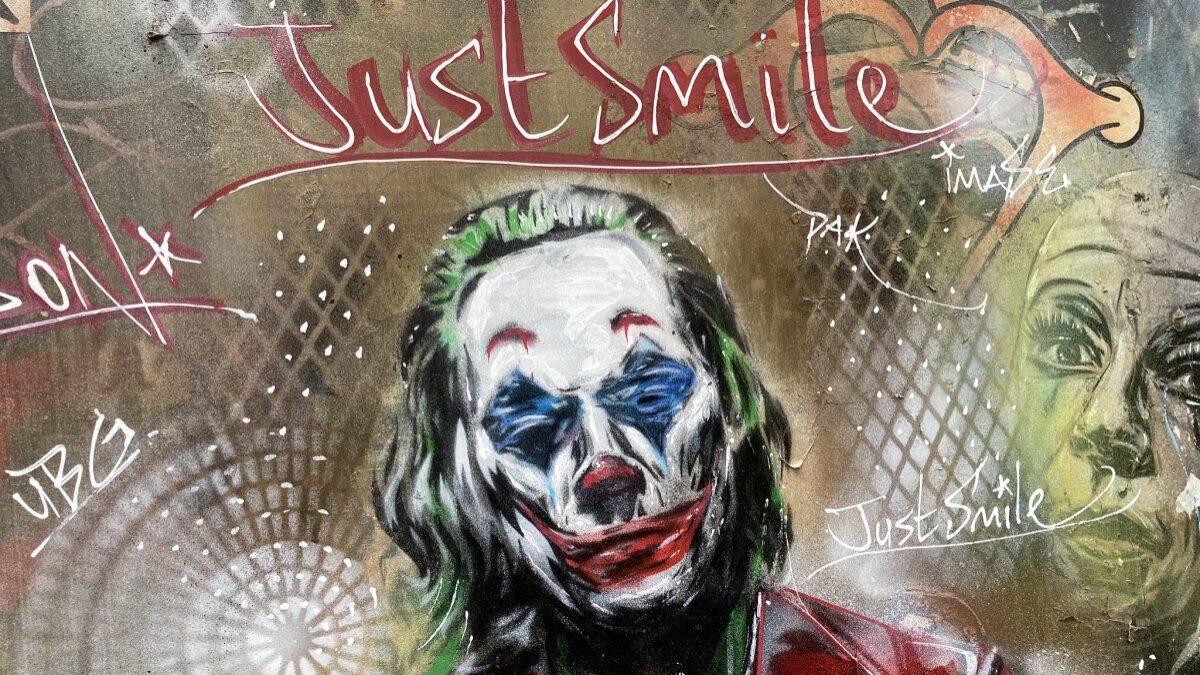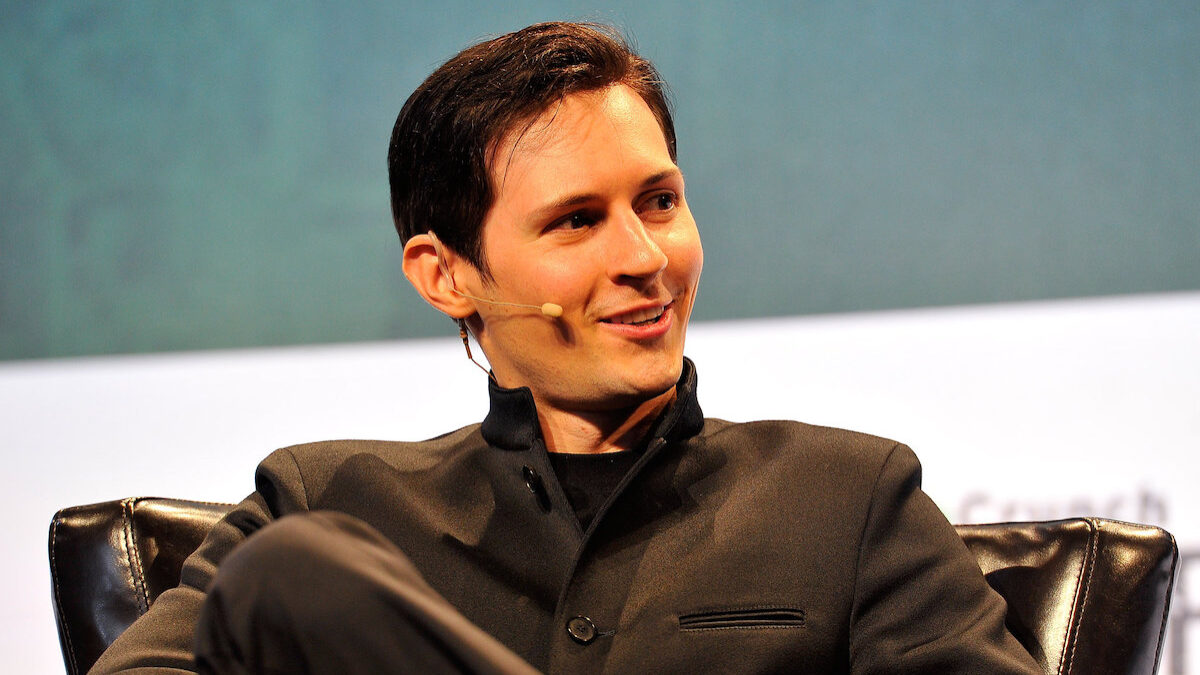I’m sympathetic to some libertarian concerns about government regulation of hardcore pornography. Not the absurd ones, like suggesting it’s empowering for women, but some of the legitimate worries about free speech. Yes, consenting adults should probably be free to share or sell images and videos of themselves having sex. But pornography is no different than any other potentially dangerous product that the state works to keep out of the hands of kids.
In 1990 the metroplexes of hardcore porn were places like Time Square, rows of illicit theaters and bookstores lining 42nd Street. Today the metroplexes of porn are the bedrooms of any kids with a smartphone or tablet. Did some underage patrons get into porn shops back then? Sure, but it required a trip, finding the places that didn’t check IDs, and importantly it was illegal. Shops catering to youth could be fined and eventually closed down.
The idea that just because porn has moved from brick and mortar stores to the Internet means it can no longer be regulated, or that we don’t have the means to do so, is patently absurd. There is no magical protection from government oversight that poofs out of nowhere just because a product is sold online. The state has just as much right to regulate Pornhub as it did to regulate the porn shops in Time Square.
The biggest problem that government has faced in regulating online porn is the incredible speed at which it has become ubiquitous. It is only really in the last 15 years that it became possible to stream decent-looking pornographic video content. The porn industry, which had already begun to take on a more corporate form and acquire corporate funding in the VHS/DVD era, ballooned. Their ability to bring products to market increased by so much, so quickly, that regulators’ and legislators’ heads are still spinning.
There is another phenomenon today — another libertarian hobbyhorse, actually — that has grown dramatically under similar conditions: vaping. It has been a serious part of the nicotine marketplace for only about a decade. During that time, regulators, including in the Food and Drug Administration, have struggled to figure how to treat it, mostly kicking the can down the road while reviewing studies.
As with porn, one result of this inability of the state to keep up has been staggering rates of youth adoption of the products. Only in the past year or so have we seen serious efforts by the government to tackle this problem. We need similar efforts regarding porn. The mere viable threat of government action has made the vape industry confront and combat youth use in ways it hasn’t before. Applying similar pressure to the porn industry makes all the sense in the world.
If companies like Pornhub want to avoid strenuous government intervention to protect kids from their product, there are steps they can take. A comprehensive age verification process to access their sites would make pornography far more difficult for kids to access. And really, is it any different than checking IDs at the Times Square porn theater or the mom and pop VHS rental store? That’s a simple step that industry leaders can take to show good faith in efforts to protect kids.
If they simply continue business as usual, doing nothing to combat a social ill they are directly responsible for, then obviously the government should compel them to take these kinds of actions.
Would there still be dark corners of the Internet where porn was available to kids? Sure, but a black-market is a risk of any regulation. It doesn’t mean nothing should be regulated. Age verification for the dominant sites with the most traffic would create a new hurdle for kids wishing to access porn, and those sites found to be providing it can be punished for doing so.
There is at least for now some middle ground to be had between a total ban on pornography and gangbang videos on the TVs in airport lounges. Social conservatives, even of the new aggressive ilk, would likely be open to compromise on the consenting adult issues. Meanwhile, I believe the vast majority, if not all, serious libertarians can admit that porn for kids is bad and the industry and government can play a productive role, along with parents, against it.
There is simply no question that the government has the authority to regulate internet porn, and inasmuch as the porn industry is selling a product shown to be harmful to children, the state has wide latitude in keeping it away from kids. This is no more a free speech issue than child porn itself is.
There are limits. If the industry won’t self-regulate to stay within these limits, then the government will have to do it for them.









